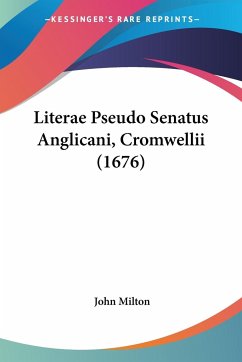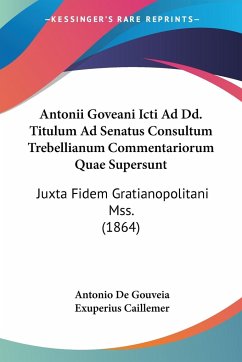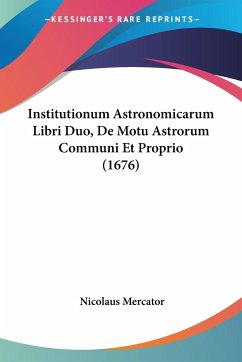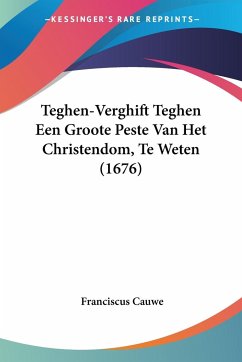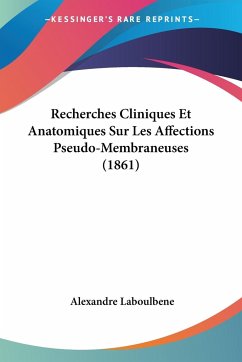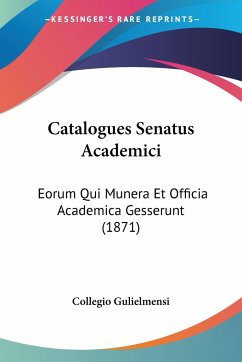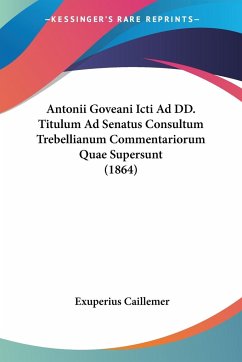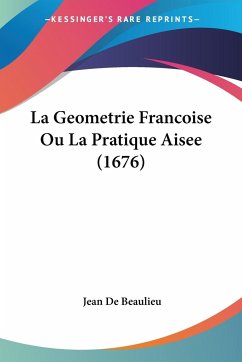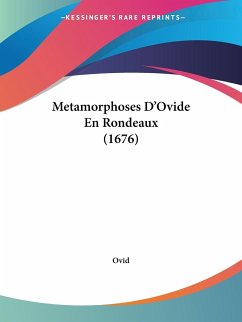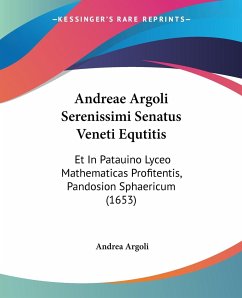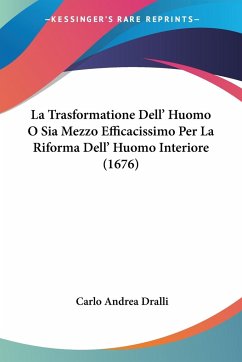John Milton was an English poet, scholar, and civil servant, born in 1608 in London. He excelled in his studies at St. Paul's School and later at Christ's College, Cambridge, where he pursued classical studies and developed a passion for poetry and languages. A deeply religious and intellectual man, Milton was influenced by the Reformation's humanist ideals, which later shaped his views on politics, religion, and society.During the English Civil War, Milton became an outspoken advocate for the Parliamentary cause and opposed monarchy, aligning with the Puritans. He authored numerous political tracts on topics like freedom of speech and divorce, most notably Areopagitica, which argued for the freedom of the press. His political writings and role as Secretary for Foreign Tongues under Oliver Cromwell highlighted his belief in personal liberty and constitutional reform, ideas considered radical at the time.Milton's later years were marked by hardship, including blindness and the political shift after the monarchy's restoration. However, during this period, he composed Paradise Lost, an epic poem that delves into themes of sin, redemption, and free will. Widely regarded as his masterpiece, it secured Milton's legacy as one of the greatest English poets, influencing countless writers and thinkers. Through Paradise Lost and other works, Milton's complex views on faith, authority, and human nature continue to resonate in literary and philosophical discussions.
